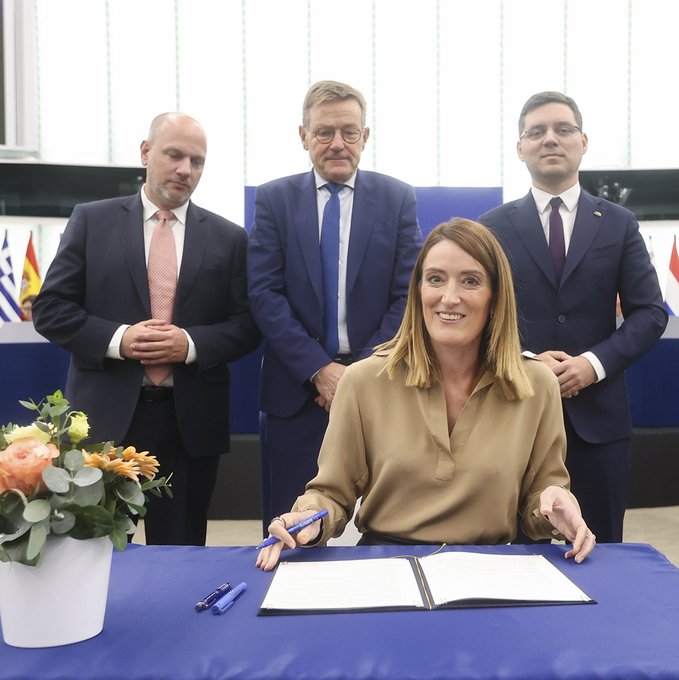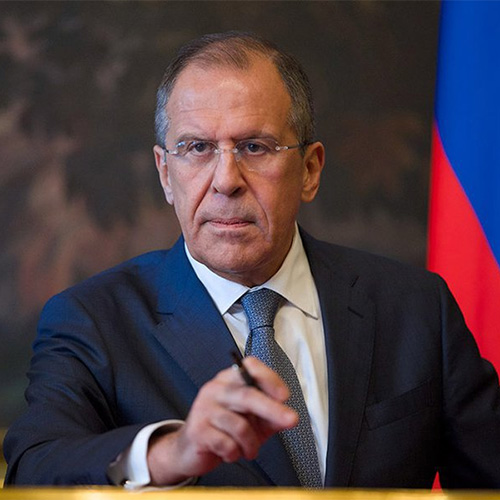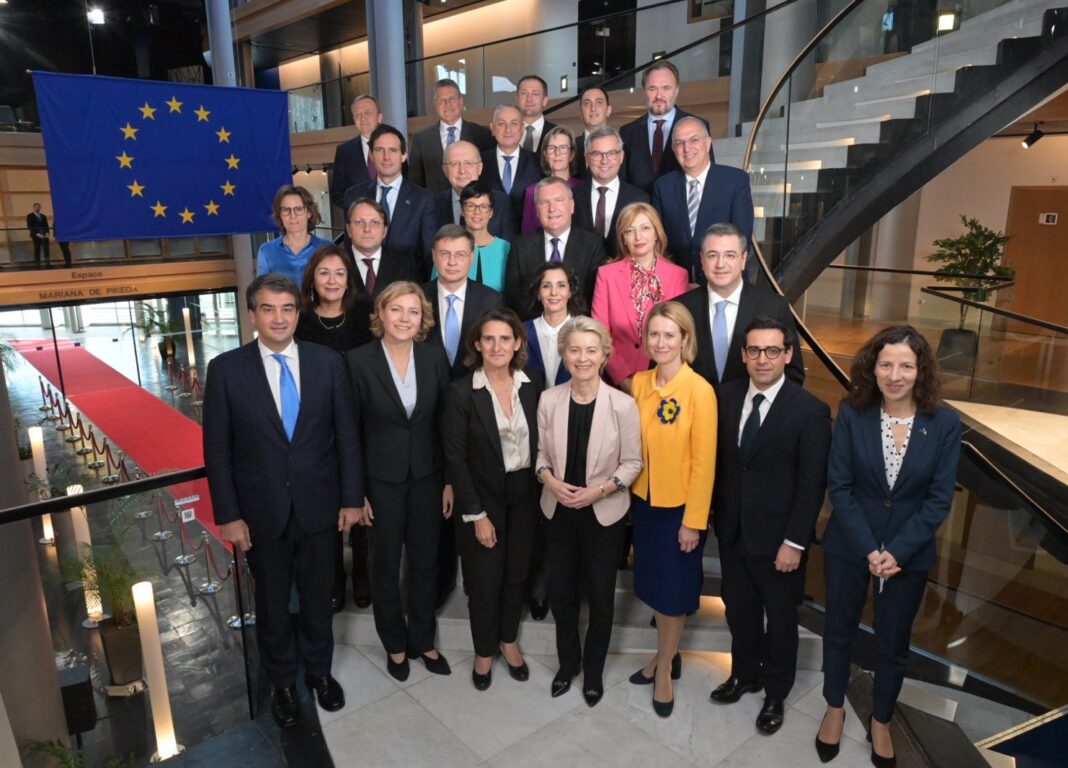STRASBOURG — The European Parliament officially approved the EU’s 2025 budget on Tuesday, with President Roberta Metsola signing the €199.4 billion spending plan into law. The budget, which represents a 6% increase from 2024, is designed to tackle pressing challenges while reinforcing essential programmes that benefit EU citizens.
“This budget addresses urgent challenges including Russian aggression, migration pressures, and the escalating Middle East crisis while ensuring competitiveness in our economies,” said Johan Van Overtveldt, Chair of the Committee on Budgets.
The budget allocates €155.21 billion for payments and includes an additional €230.7 million secured by Members of the European Parliament (MEPs) during negotiations. These funds will bolster initiatives in health, climate action, education, and border management, among others.
The 2025 budget marks the first following revisions to the EU’s long-term financial framework. Earlier adjustments enabled Parliament to secure increased funding for key priorities like supporting Ukraine and managing repayment costs for the European Recovery Instrument (EURI).
Victor Negrescu, general rapporteur for the EU budget 2025, highlighted the significance of the financial boost. “At almost €200 billion, this budget allows us to respond to Europeans’ needs while ensuring the Union’s post-pandemic recovery,” he said.
Niclas Herbst, rapporteur for other sections, praised advancements in cybersecurity and artificial intelligence. “This agreement demonstrates our commitment and responsibility towards our citizens,” Herbst stated.
More than 90% of the EU budget directly benefits citizens, farmers, researchers, students, and businesses across the 27 member states. Notable allocations include €422 million for Erasmus+, €20 million for Horizon Europe, and funding for humanitarian aid, young farmers, and natural disaster response.
The budget’s €10 billion increase underscores the EU’s dedication to addressing current challenges while investing in future growth.
With 418 votes in favor, 185 against, and 67 abstentions, the budget agreement reflects the Parliament’s commitment to delivering financial resources for a resilient Europe. The Council of the EU endorsed the plan earlier on November 25.
“We are sending a strong message that the EU remains equipped to implement policies that address people’s needs, despite the challenging political and economic context,” Negrescu concluded.




